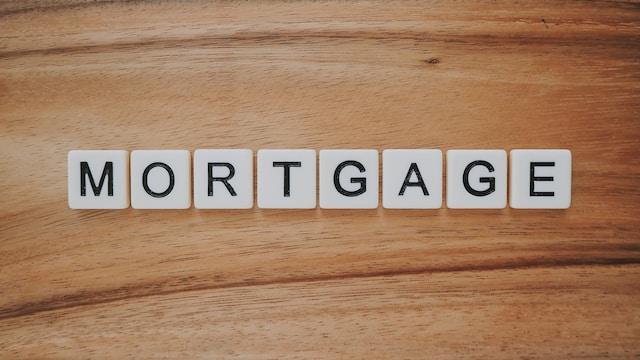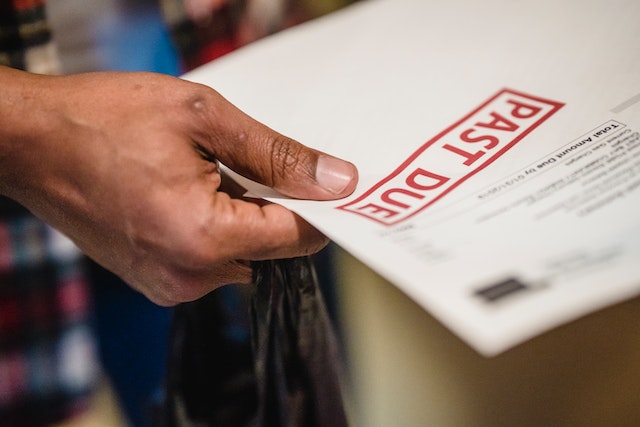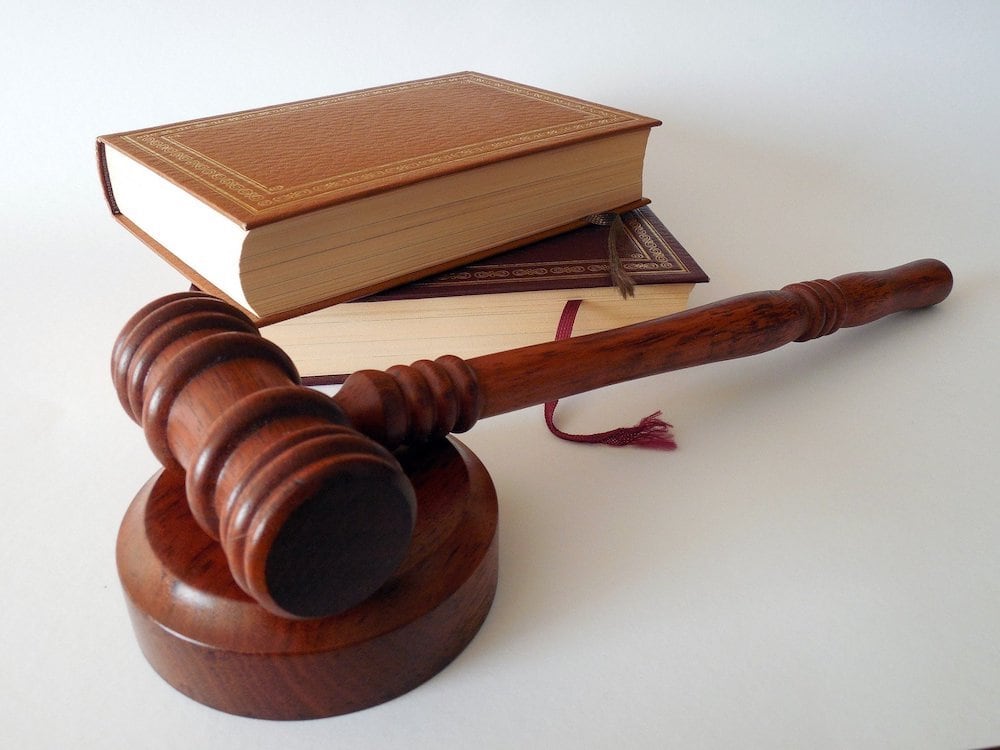
When you’re considering filing for bankruptcy, there are many considerations you’ll need to make. Unfortunately, if you are unfamiliar with this process, you may not know an unsecured debt from a secure one or which falls into which categories. One thing many worry about during bankruptcy is mortgages and whether or not you are at risk of foreclosure. If this reflects your circumstances, you’ll want to keep reading to learn how a Memphis, TN foreclosure defense lawyer can help you through these complex legal matters.
What Does It Mean if a Debt Is Secure or Unsecure?
When you take out personal loans, they will either count as secure or unsecured. There are three primary differences between these options. For starters, a secure debt has collateral attached to it. The most common example is how your car is collateral for an auto loan. Failure to repay the loan means the creditor can seize the vehicle. Additionally, secure debts are less risky for creditors because of the attached collateral, and as a result, they have lower interest rates.
The opposite is true for an unsecured debt. These have no collateral attached and, as a result, are more risky for lenders. If someone does not pay the debt, there is nothing to seize to make up those funds. Instead, the creditor would have to send the debt to collections and then proceed with a potential lawsuit if they are still missing the funds, which can be a costly and time-consuming process. Because these are more risky, they carry higher interest rates. Typical unsecured debts include credit cards and student loans.
What Do Mortgages Count As?
Mortgages are secure debts. As such, this means your property can be used as collateral in the event you are unable to repay the loan. The lender can take your home, sending you into foreclosure. Not only can this be devastating as you are losing your home, but a foreclosure will remain on your credit for a long period, subsequently harming your score.
When you declare Chapter 7 bankruptcy, you are granted an automatic stay from creditors. As such, this can help you catch up on missed payments. However, if you are unable to do so, creditors can liquidate your assets, including your home, and you will fall victim to foreclosure.
Chapter 13, on the other hand, is an effective way of preventing foreclosure. This is because it allows you three to five years to repay creditors. Additionally, if you make all payments, the lender cannot foreclose your home.
What Should I Do if I’m Facing Foreclosure?
If you are considering bankruptcy and are worried about the possibility of foreclosure, it’s imperative to connect with an experienced bankruptcy attorney as soon as possible. At the Arnold Law Firm, we understand how anxiety-inducing this can be. As such, our team will work with you to help you achieve the best possible outcome for your financial situation. Contact us today to learn how we can assist you.




